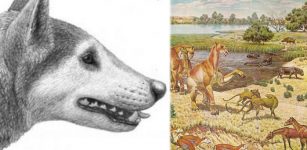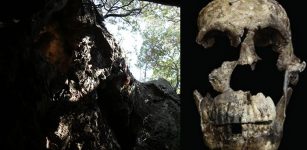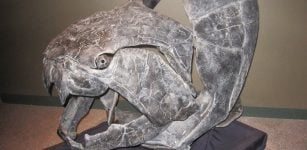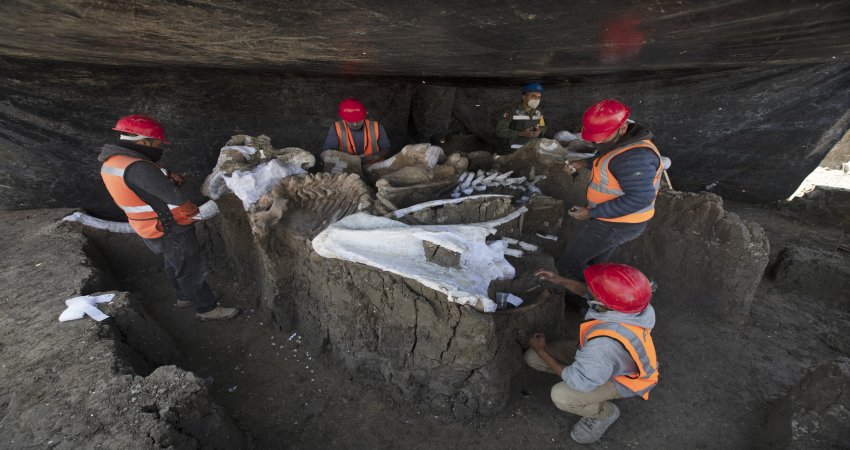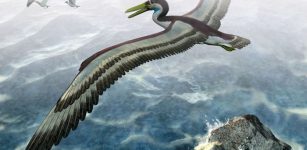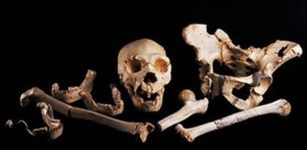Oldest Human Cranium Fossil Discovered In Aroeira Cave In Portugal
MessageToEagle.com – The oldest human cranium fossil was discovered in the cave of Aroeira in Portugal.
Dated to 400,000 years ago, the cranium represents the westernmost human fossil ever found in Europe during the middle Pleistocene epoch and one of the earliest on this continent to be associated with the Acheulean stone tool industry.
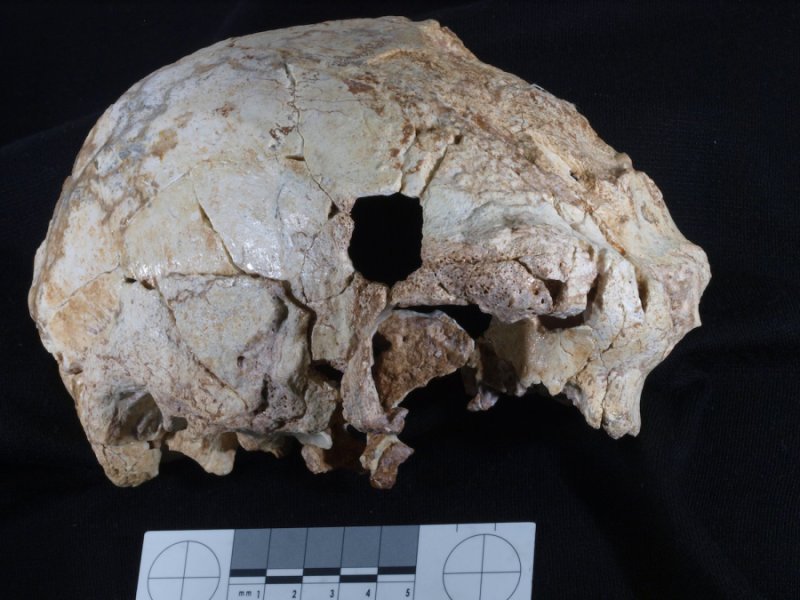
“This is an interesting new fossil discovery from the Iberian Peninsula, a crucial region for understanding the origin and evolution of the Neandertals,” said Binghamton University anthropologist Rolf Quam.
“The Aroeira cranium is the oldest human fossil ever found in Portugal and shares some features with other fossils from this same time period in Spain, France and Italy.
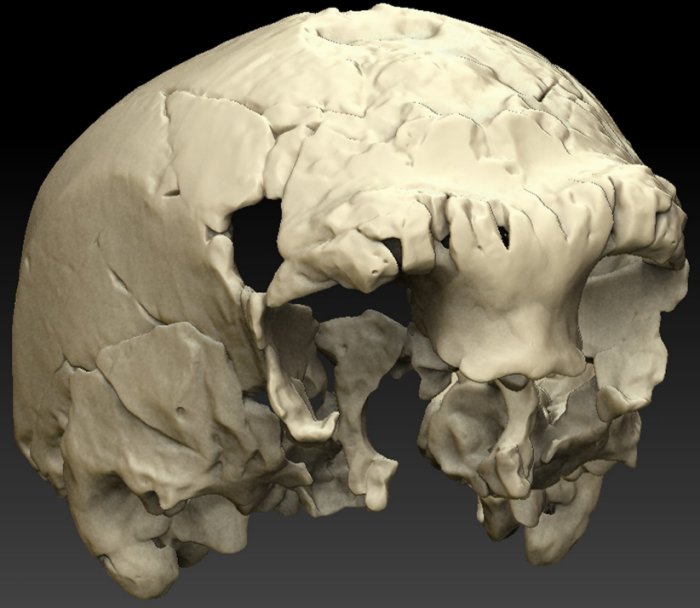
At the Aroeira site, research team led Portuguese archaeologist João Zilhão, removed the cranium from the site in a large, solid block of sediment, to which it was attached.
See also:
3D Reconstruction Of 9,500-Year-Old Jericho Skull Reveals Skull And Face Hidden Under The Plaster
37,000-Year-Old ‘Deep Skull’ Discovered In Niah Cave Is Not What Previously Expected
Prehistoric Surgery: Skull Operations Technically Superior To Our Own
The cranium, found with numerous stone tools, including numerous handaxes, was transported to paleoanthropology research center in Madrid, Spain for CT scanning, virtual reconstructions and further anthropological studies.
“I have been studying these sites for the last 30 years and we have recovered much important archaeological data, but the discovery of a human cranium of this antiquity and importance is always a very special moment,” said Zilhão.
The research is published in in the Proceedings of the National Academy of Sciences.
MessageToEagle.com
Expand for references
